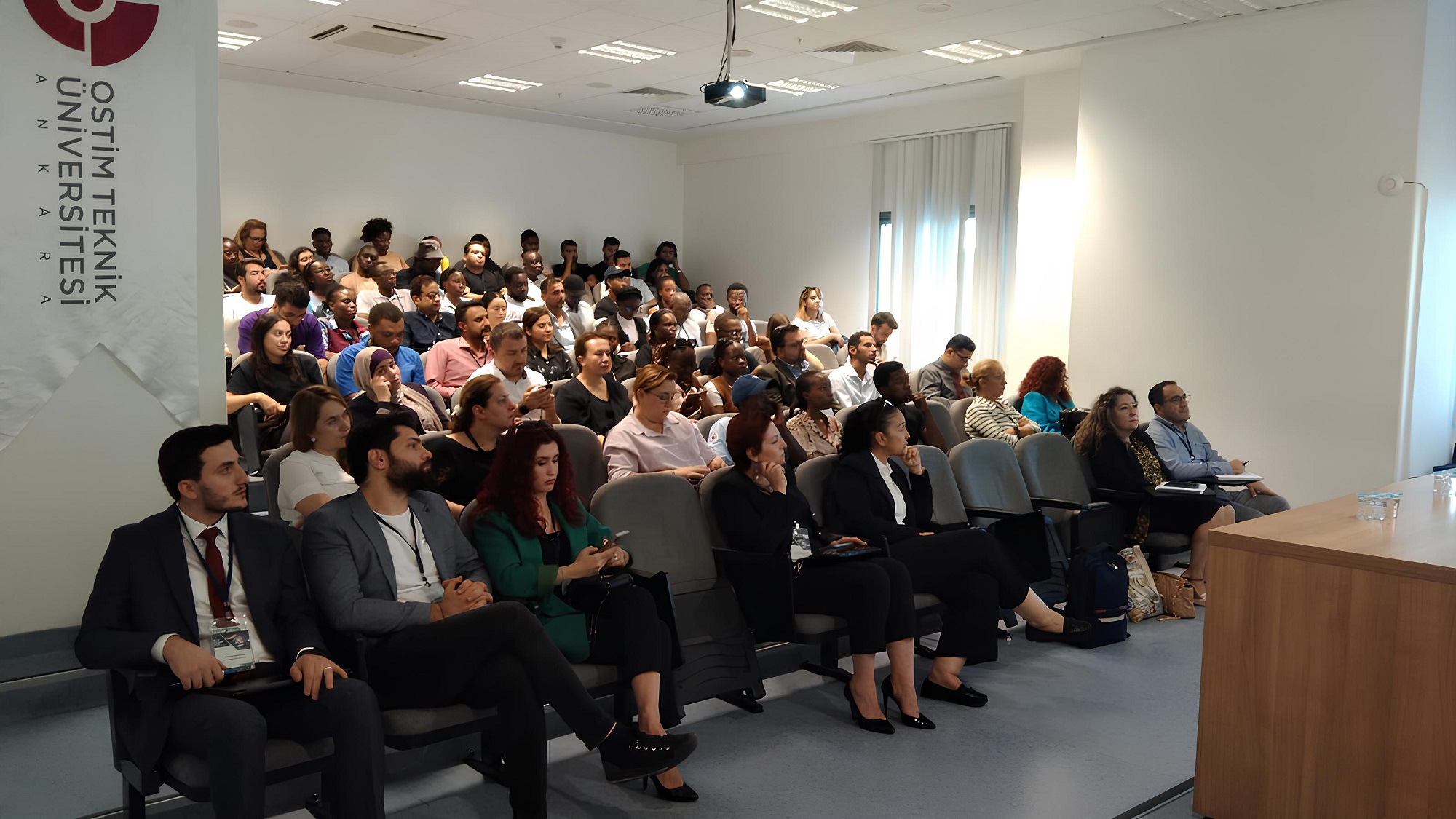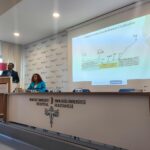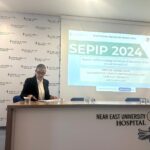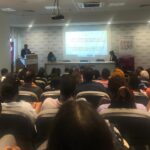
The Smart Economic Planning and Industrial Policy (SEPIP) Conference organized by OSTİM Technical University was hosted by Near East University. The conference brought together many researchers, politicians and industrial leaders from various countries of the world and discussed the topic of “Industrial Policy in a Changing Technological Environment”. The conference was completed with 5 panels and 33 paper presentations.
During SEPIP 2024, Near East University and OSTİM Technical University collaborated to collect data on sustainability goals. The researchers aimed to contribute to global sustainability goals by presenting this data at the conference. Focusing on areas such as digitalization, green economy and global economic challenges, this joint initiative aimed to achieve practical results in line with the United Nations Sustainable Development Goals (SDGs).
The opening speeches were made by OSTİM Technical University Rector Prof. Dr. Murat Yülek and Near East University Rector Prof. Dr. Tamer Şanlıdağ. Topics such as Moldova’s industrial policy, Turkey’s export potential, and Africa’s industrial growth were discussed at the conference. In addition, experts from Argentina, the US, and Japan shared their ideas from global perspectives. The panels addressed topics such as green economy dynamics, the impact of artificial intelligence on businesses, and sustainable practices in agriculture, tourism, and defense sectors.
Many critical sustainability goals were emphasized!
The sessions focused on inclusive economic growth and employment opportunities within the scope of SDG 8: Decent Work and Economic Growth. In this context, it was stated that equitable growth models, which are the basis of sustainable development, should be adopted. Following this, the discussions on SDG 9, Industry, Innovation, and Infrastructure addressed the contributions of digitalization and infrastructure improvements to the development of more resilient and efficient industries. In this context, it was emphasized how digital transformation offers an opportunity for the future of industries.
Under the title of SDG 11: Sustainable Cities and Societies, experts shared the steps that need to be taken to make cities more inclusive and environmentally friendly. These discussions further reinforced the necessity of building sustainable urban areas. On the other hand, within the framework of SDG 12: Responsible Consumption and Production, it was stated that green finance and responsible production approaches could provide a solution to the global environmental crisis. At this point, climate policies and green economy strategies came to the agenda more in line with SDG 13: Climate Action. Finally, SDG 17: Partnerships for the Goals was emphasized in order to combine all these goals, and the critical importance of international cooperation for sustainable development was emphasized.



